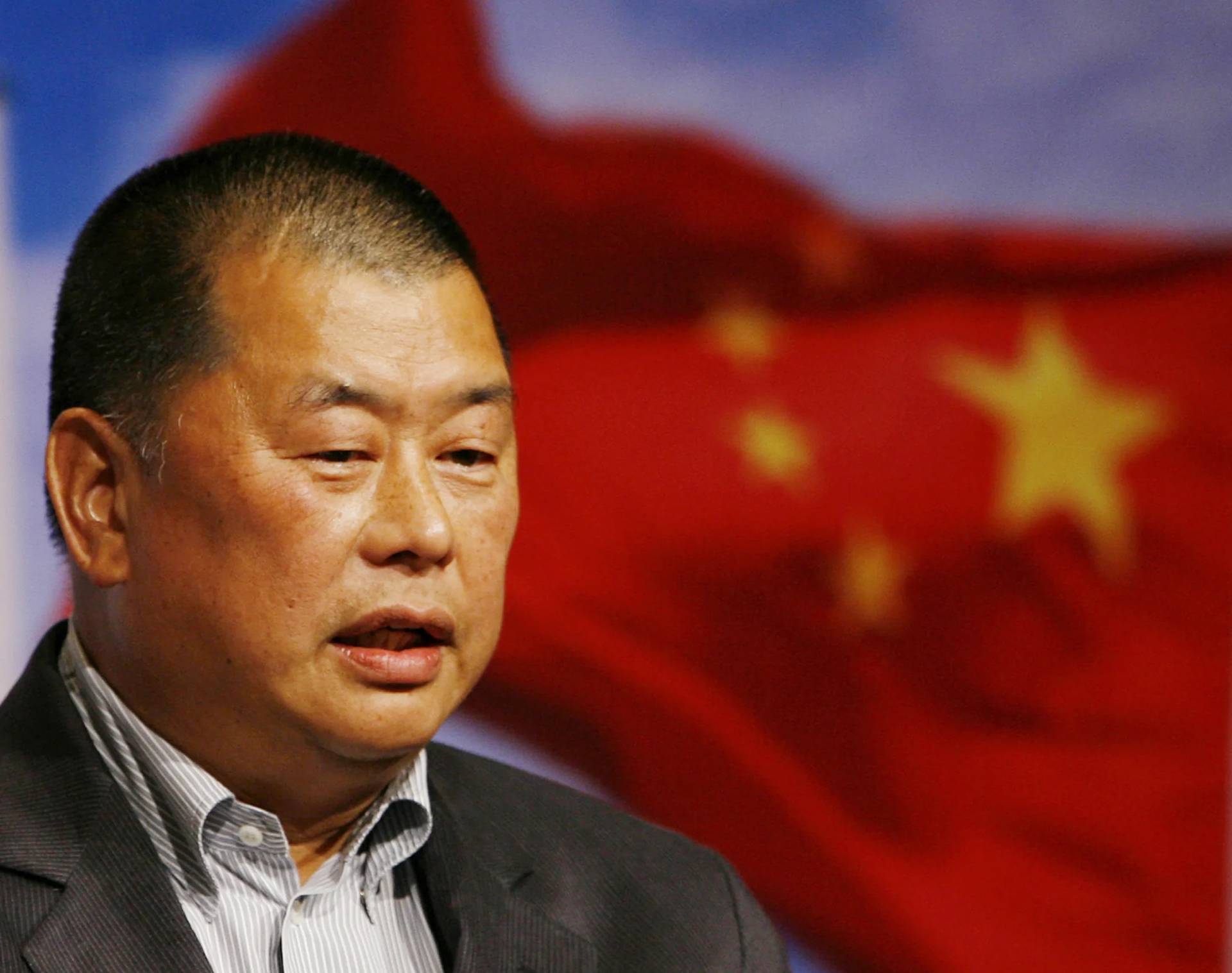MANILA, Philippines – Senator Imee Marcos, the eldest sister of President Ferdinand Marcos Jr., publicly accused her brother and the First Lady of being drug addicts, as she addressed a two-day rally organized by a controversial Christian church.
During her speech, the senator suggested that her brother quit the presidency so that he could “come home” and rest. “Fix yourself. Seek treatment. Get rid of drugs in your system,” said the President’s sister on Monday, to the applause of thousands during the Iglesia ni Cristo (INC) rally.
Senator Marcos, 70, has allied herself with the President’s nemesis — Vice President Sara Duterte — in the bitter feud between the nation’s two highest officials. Observers have long noted sibling rivalry between the President and the senator, children of the late dictator Ferdinand E. Marcos and heirs to one of the Philippines’ most powerful political dynasties.
The senator’s accusation did not sit well with Bishop Ruperto Santos of the Diocese of Antipolo, south of Metro Manila, who is one of the country’s most outspoken bishops.
“The recent public accusation made by Senator Imee Marcos against her brother, President Ferdinand Marcos Jr., and his wife, Liza Araneta-Marcos, is troubling not only for its content but for the manner in which it was delivered,” Santos wrote in a reflection on Wednesday.
“Yes, the public has a legitimate right to be informed about the health and capacity of its leaders, especially the President. But publicly accusing a family member — without due process, without clear evidence, and outside the proper forum — undermines not only these values but also the dignity of all involved,” the bishop said.
Santos, 68, also questioned the timing of the senator’s tirades.
The context is that the INC rally, which drew up to 650,000 participants, was initially rumored as part of a plot to unseat the 68-year-old President. The politically influential INC, whose English name is “Church of Christ,” denied that it is part of destabilization efforts and said it is against extralegal means to effect change.
While emphasizing that transparency in governance “is a pillar of democracy,” Santos asked: “Was this the right way, the right time, and the right spirit in which to raise such a grave concern?”
“If this were truly an act of love and concern for a sibling and for the Filipino people, why only now — and why in such a manner? That was neither the time nor the place. This could have — and should have — been handled privately, with compassion and discernment,” he said.
“The Gospel teaches us a different path: ‘Now if your brother sins, correct him first in private…’ (Matthew 18:15). Public rebuke should be the very last resort — especially when it risks becoming a spectacle rather than a sincere call to conversion,” the prelate continued.
Santos, however, said this painful moment “can be a turning point,” serving as a call to “examine one’s conscience” and “let conscience speak.”
“If there is truth in the accusation, then let this be the beginning of conversion. Seek help. Seek healing. Seek holiness. The nation deserves a leader who is not only capable but morally upright,” he said.
“Let us all learn from this. This is not just a political moment — it is a moral one. The Filipino people are watching. The youth are listening. What kind of example are we setting?” the Antipolo bishop said.
Without naming names, Cardinal Pablo Virgilio David of the Diocese of Kalookan wrote a similar reflection on correcting one’s brother or sister. The best recourse is to first “reach out one-on-one,” then “bring one or two trusted companions,” and then to “commend him to the Church.” Treating the person as a “tax collector or sinner” should be the last resort.
David said that Jesus’ approach “becomes even more urgent” when dealing with people who struggle with drug addiction.
“Addiction is not simply a moral failing. It is a disorder. A disease,” said the 66-year-old cardinal. “Often, they just cannot help it. And shaming them publicly is neither Christian nor humane.”
David, one of the staunchest critics of former president Rodrigo Duterte’s war on drugs, said that “a civilized society cannot equate addiction with criminality, much less encourage violence against those who suffer from it.”
“Fraternal correction is never about exposing someone’s weakness. It is about walking with them gently on the road to healing,” said David. “This is the way of Jesus. And this is the way we are called to treat every brother or sister who struggles: not with stones, but with mercy.”













